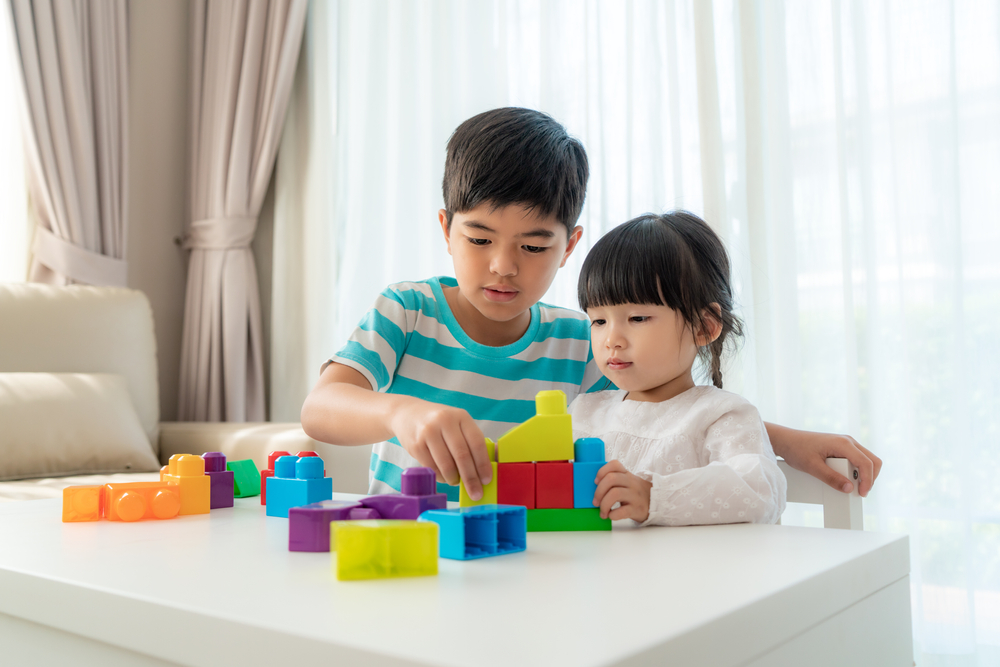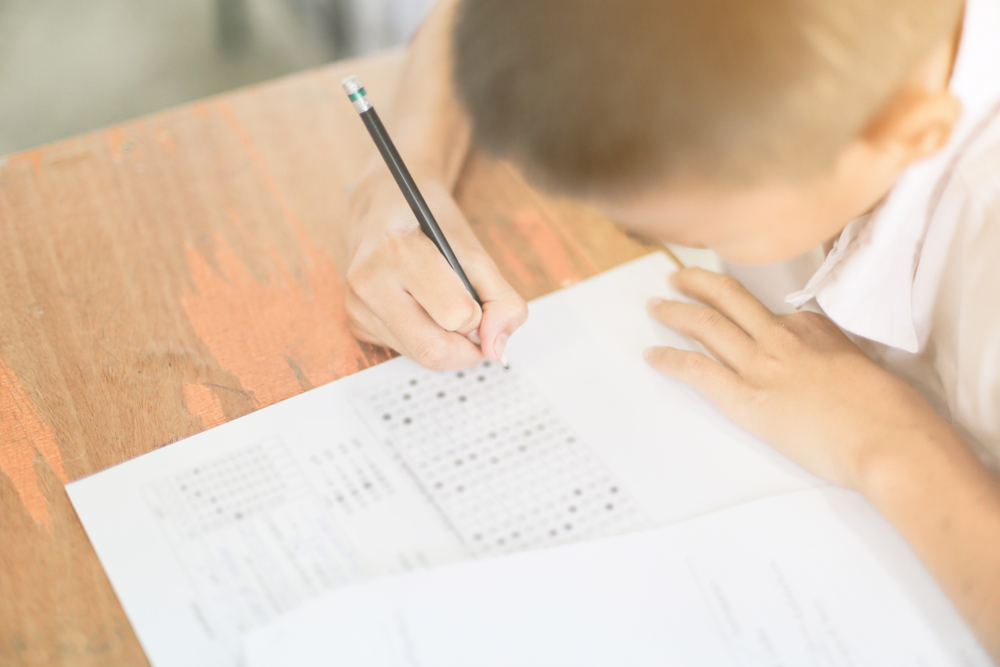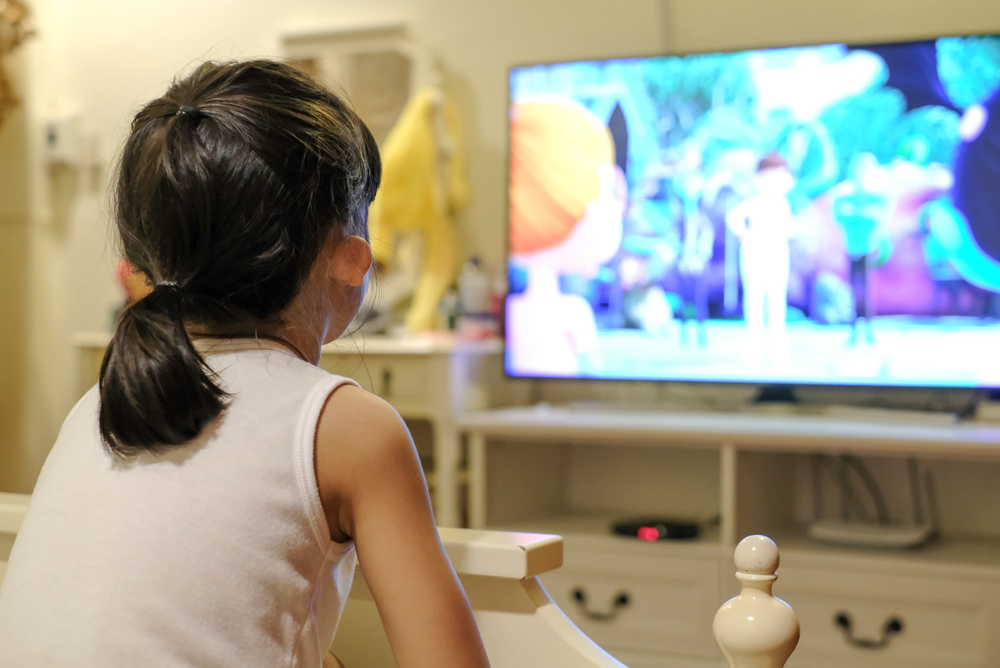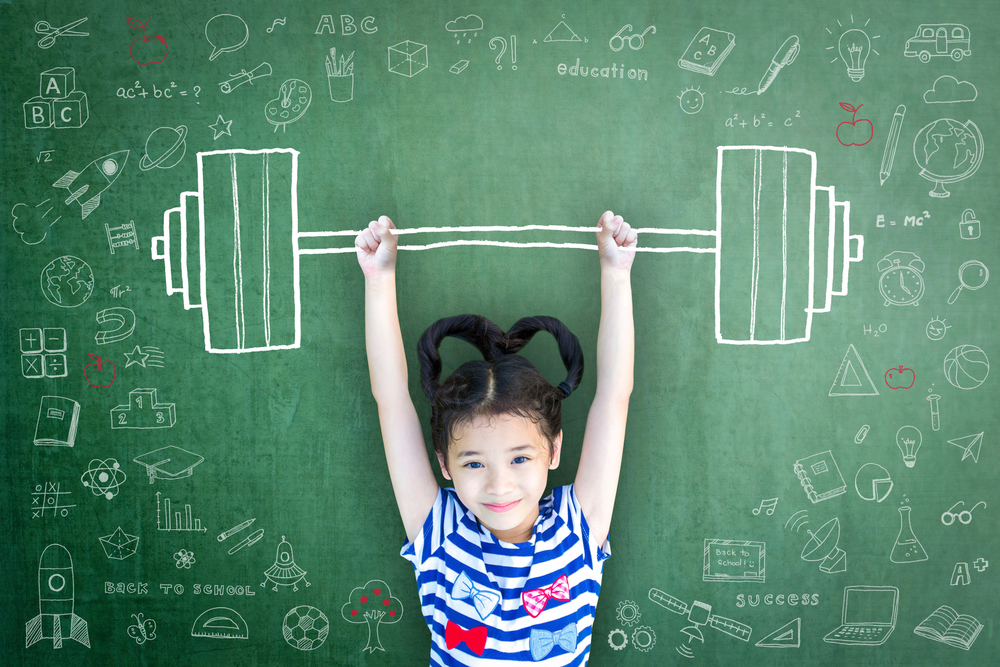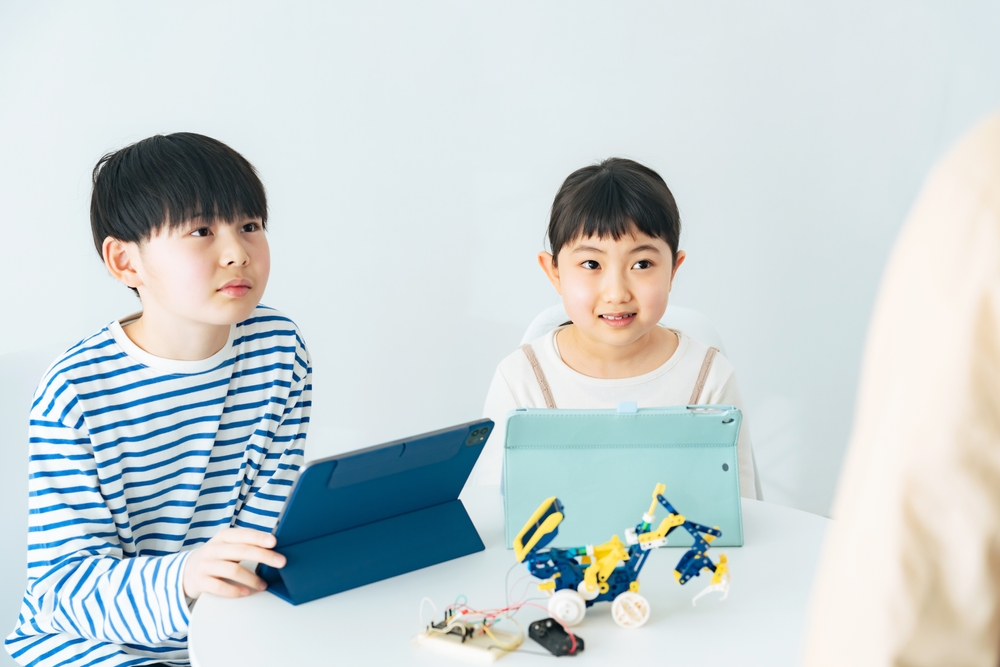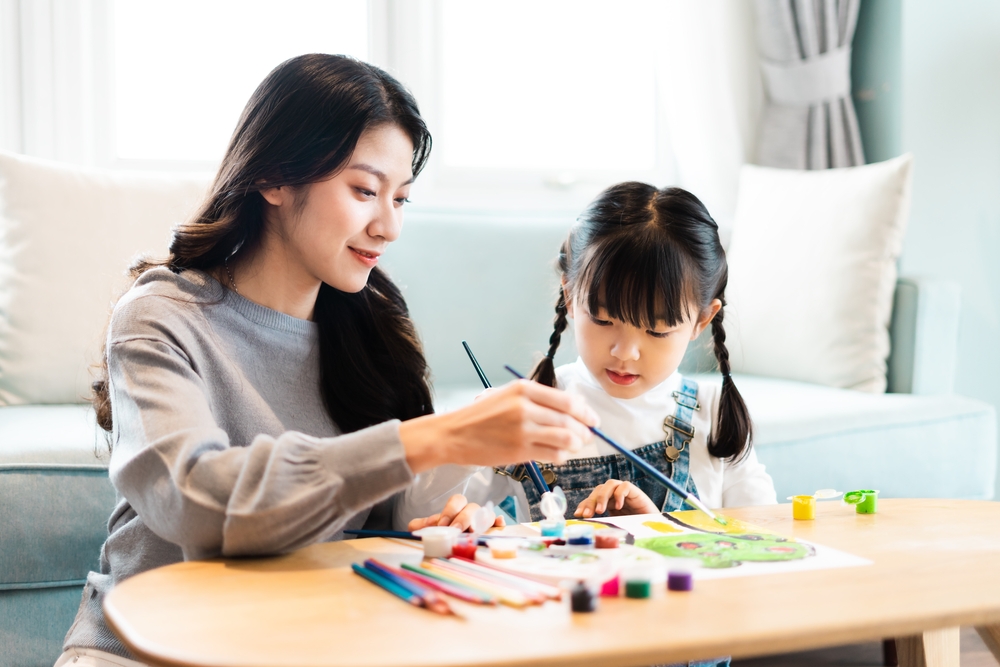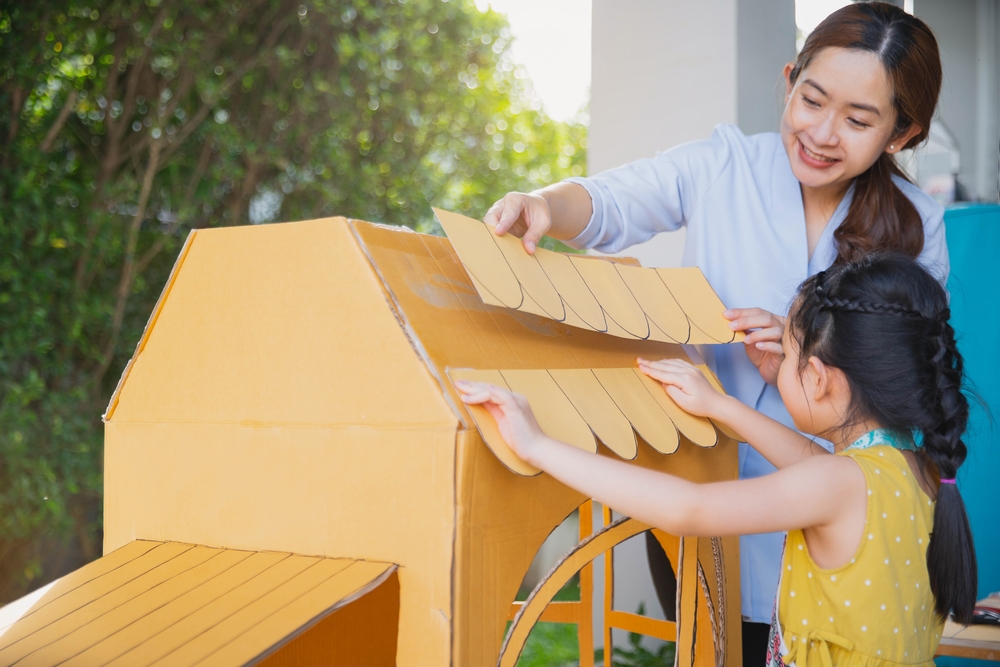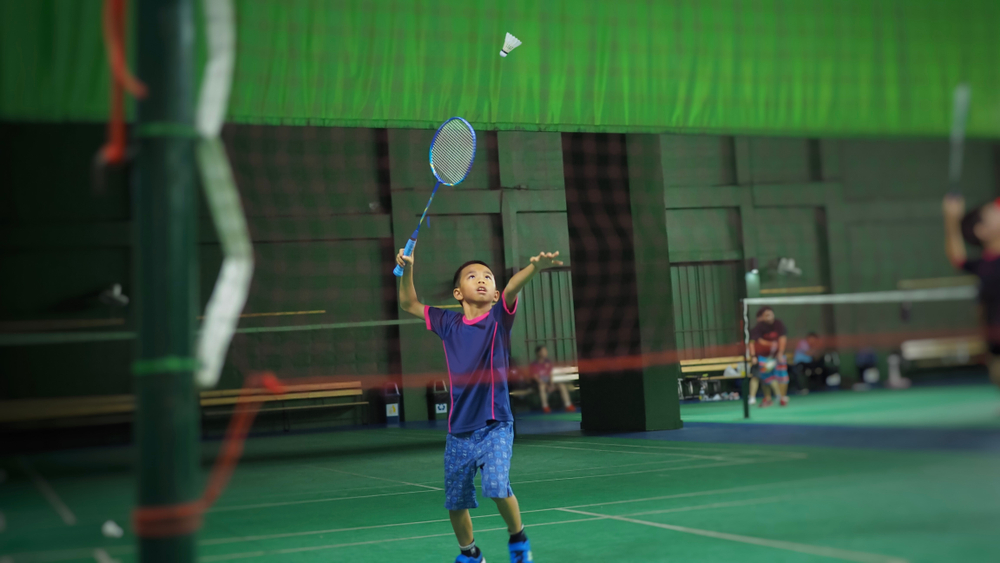system

Written by : Pario Children, Parenting Education Centre
Childhood and family have a profound impact on a person. How do parents influence their children’s growth? How to cultivate good behavior and character in children? Is it correct and effective to use rewards and encouragement?
Do not turn love for your child into a reward
It is often heard that parents say, “If you behave, daddy will shower you with love.” Parents think this is providing positive reinforcement, encouraging positive behavior in children, but shouldn’t the companionship of mom and the affection of dad be unconditional? Love and affection should not be contingent on being well-behaved! A child’s self-worth should not be equated with their behavior or achievements.
Do not turn existing habits into rewards
Some parents might say: “If you behave, we will go to the park on Sunday!” When the child behaves in a “naughty” manner, parents cancel the child’s original plan to play in the park, letting the child learn to bear the consequences. Although this is one of the parenting methods, if the child originally has the habit of going to the park every day, and the parents use “going to the park” as a reward, is this really a reward? This is just continuing the daily routine! Of course, if the child does not usually have the opportunity to go to the park, this reward would be very attractive to a child who naturally loves to play!

Clearly explain rewards and good behavior
Rewards are necessary! But parents must carefully design or choose them, and the most ideal rewards are those that can attract children and are different from the daily routine. For example: going to the park for only 30 minutes every day, but today they can play for an extra 15 minutes; eating only one type of cookie for a snack every day, but today they can have two types. When rewarding, parents should clearly tell the child the reason for the reward, “Because you ‘put away your toys on your own’, mom and dad really appreciate you, so today you get ‘an extra cookie'”, letting the child concretely understand what good behavior is, and also understand the relationship between good behavior and rewards, giving them the motivation to continue displaying good behavior.
Provide unlimited support and encouragement
Children often need the support and encouragement of adults to have enough security and courage to try; sometimes, parents give a lot of encouragement, but the child still does not dare to try as expected, and sometimes parents will blurt out in disappointment: “I’ve held you for so long and you still won’t try, so I won’t hold you or kiss you!” What comes next is the child crying louder and being even more unwilling to try; even if the child is forced to complete the task, there is an additional emotional scar. Therefore, parents should give children unlimited support and encouragement, telling them: “Mommy has confidence in you, try again next time, you can do it!” Believe that when children have stored enough energy from encouragement, they will step forward.
Perhaps, in the process of parenting, parents neither want to be tiger parents nor can they avoid the competition in society, sometimes they may feel lost, but remember to respect the child’s innate traits, and let your appreciation and encouragement accompany their growth.







